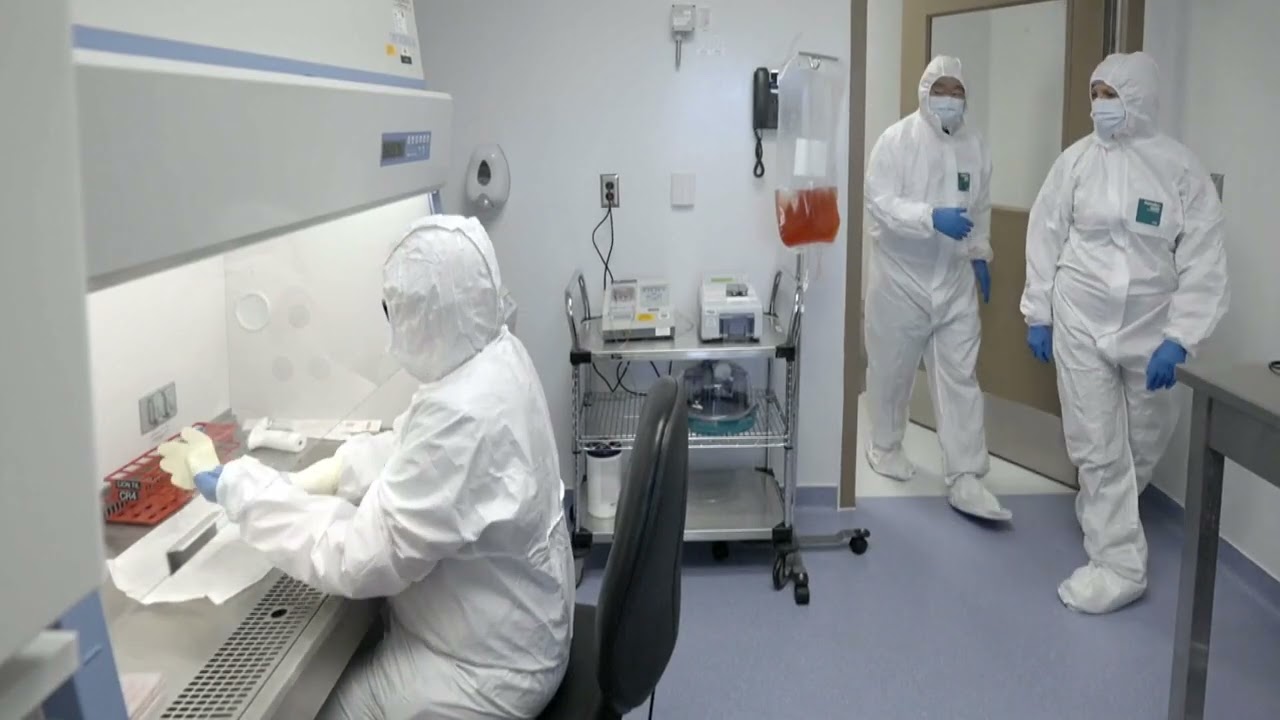The Oncology Channel
NEW YORK (Reuters Health) – A meta-analysis of individual patient data found no differences in overall survival, progression-free survival, and objective response rate between cisplatin- and carboplatin-based chemotherapy in the first-line treatment of small-cell lung cancer (SCLC), although with differences in the toxicity profile.
Carboplatin-containing chemotherapy is associated with more myelosuppression, with a significantly higher incidence of severe neutropenia, anemia, and thrombocytopenia, whereas with cisplatin there is significantly more nausea/vomiting, neurotoxicity and renal toxicity.
“Based on our results, the choice of the platinum compound for first-line treatment of SCLC patients in clinical practice should take into account the expected toxicity profile, the patient’s organ function, and the patient’s comorbidities,” Dr. Antonio Rossi, of the Division of Medical Oncology, S.G. Moscati Hospital, Avellino, Italy, advised in email to Reuters Health.
As reported online April 2 in the Journal of Clinical Oncology, Dr. Rossi and colleagues included in their pooled analysis four randomized trials comparing cisplatin with carboplatin in the first-line treatment of 663 patients with SCLC (328 assigned to cisplatin and 335 to carboplatin).
Median overall survival was 9.6 months with cisplatin and 9.4 months with carboplatin, yielding a hazard ratio (HR) of 1.08 (p=0.37). Median progression-free survival was 5.5 and 5.3 months, respectively (HR 1.10; p=0.25) and the objective response rate was 67.1% and 66.0%, respectively (RR 0.98; p=0.83).
There was no evidence of significant differences in overall survival between cisplatin and carboplatin according to sex, stage, performance status, or age.
Dr. Katsuyuki Hotta, from Okayama University Medical School in Japan, who reviewed the analysis for Reuters Health said: “It seems that it largely confirms what we know.”
Echoing Dr. Hotta, Dr. Rossi said the results were largely “expected” based on the data reported in each individual study. “However, this individual patient data meta-analysis…showed no significant differences in any outcomes between carboplatin- and cisplatin-based regimens also in each subgroup, and this was quite surprising to all of us.”
The strength of these results, Dr. Rossi said, is that they are applicable to all subgroups — with the exception of those with limited disease, “in which caution is needed to apply this information because the majority of the limited disease patients included had bulky disease or poor prognosis. In other words, only a small group of patients had real limited disease, and we think that no definite conclusions should be drawn in this subgroup of patients.”
Overall, these data “support the increased use of carboplatin instead of cisplatin as part of standard treatment for SCLC,” the write in their report.
SOURCE:
Carboplatin- or Cisplatin-Based Chemotherapy in First-Line Treatment of Small-Cell Lung Cancer: The COCIS Meta-Analysis of Individual Patient Data
J Clin Oncol 2012








